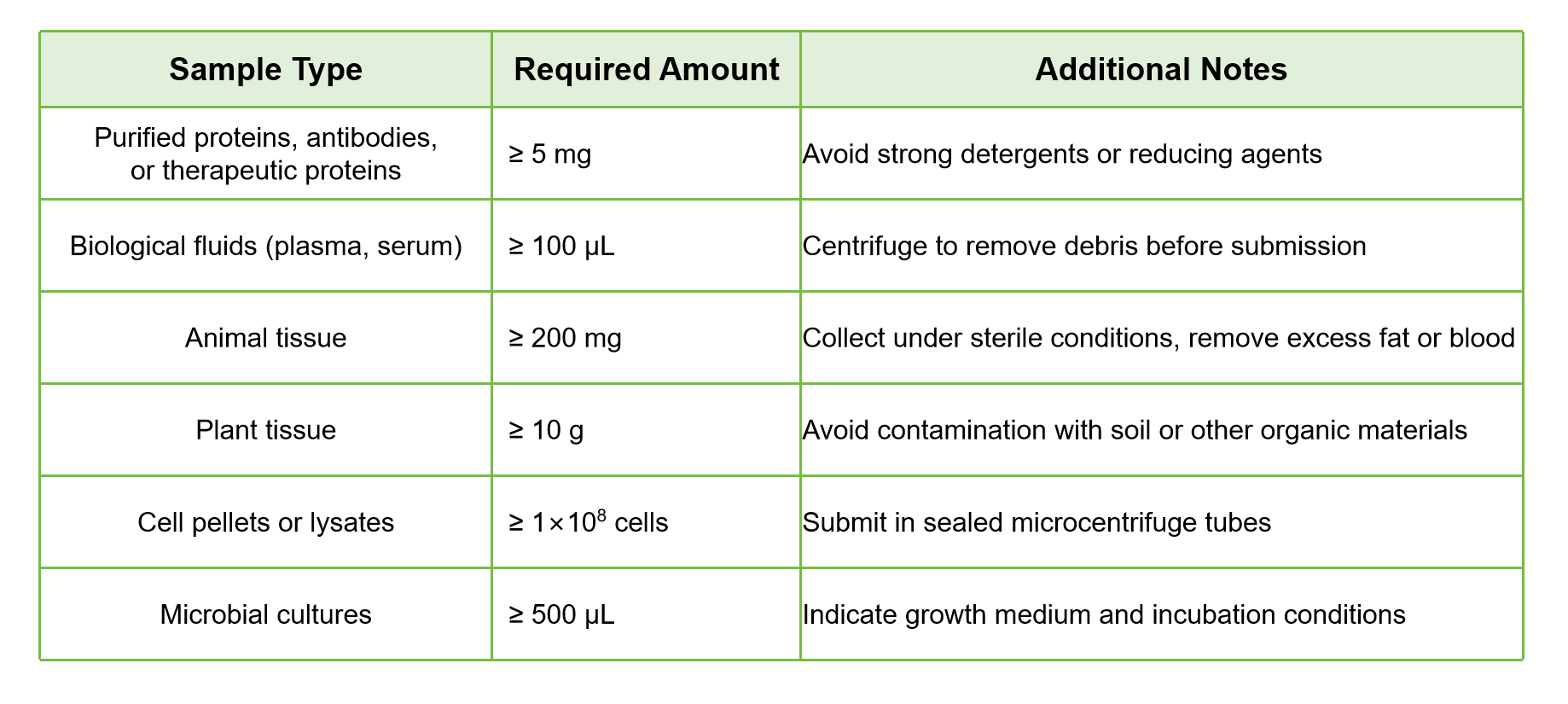Tyrosine Nitration Proteomics Profiling Service
MtoZ Biolabs offers a specialized Tyrosine Nitration Proteomics Profiling Service, providing comprehensive analysis of tyrosine nitration modifications on proteins at the proteomics level. Our Tyrosine Nitration Proteomics Profiling Service utilizes state-of-the-art mass spectrometry techniques and advanced bioinformatics platforms to detect, quantify, and map tyrosine nitration sites across complex proteomes, offering valuable insights into protein function, stability, and cellular signaling.
What Is Tyrosine Nitration?
Tyrosine nitration is a reversible post-translational modification (PTM) where a nitro group (NO2) is covalently added to the phenolic ring of the tyrosine side chain. This modification typically occurs in response to oxidative stress, inflammatory signals, or other cellular stressors. The presence of a nitro group on tyrosine can significantly alter protein function, structure, and interactions, thereby influencing cellular signaling, protein stability, and enzyme activity.

Datta, S. et al. Brief Funct Genomics. 2024.
Figure 1. Biochemistry of Tyrosine Nitration in Proteins
The Importance of Tyrosine Nitration:
🔸Cellular Signaling: Tyrosine nitration can modulate the activity of signaling proteins by affecting their interactions with ligands or other proteins, influencing key cellular pathways.
🔸Stress Response: Tyrosine nitration is often induced by reactive nitrogen species (RNS) under oxidative or inflammatory conditions, playing a role in cellular adaptation to stress.
🔸Protein Function and Stability: The addition of the nitro group can alter protein conformation, leading to changes in protein stability, folding, or catalytic activity.
🔸Disease Mechanisms: Altered tyrosine nitration is implicated in various diseases, including neurodegenerative disorders, cardiovascular diseases, and cancer.
Tyrosine Nitration Proteomics Profiling refers to the high-throughput, large-scale analysis of tyrosine nitration sites across entire proteomes. Unlike the approaches that focus on individual proteins, this proteomic strategy identifies and quantifies tyrosine nitration modifications on a broad range of proteins, providing a comprehensive view of protein nitrosylation across biological samples. By accurately profiling tyrosine nitration on a proteomic scale, researchers can uncover new biomarkers, investigate disease mechanisms, and validate therapeutic targets.
Workflow of Tyrosine Nitration Proteomics Profiling Service
1. Sample Evaluation
-
Review of sample type and target protein to define the scope of analysis.
-
Assessment of sample purity, concentration, and buffer composition for optimal analysis.
2. Protein Extraction and Digestion
-
Extraction of proteins from tissues, cells, or biological fluids.
-
Proteolytic digestion of proteins into peptides using trypsin or other enzymes.
3. Nitrated Peptide Enrichment
- Enrichment of tyrosine nitrated peptides using selective affinity capture techniques.
4. LC-MS/MS Analysis
- Separation and identification of nitrated peptides using nanoLC coupled with high-resolution MS/MS analysis.
5. Data Processing and Quantification
- Analysis and interpretation of MS data to determine nitration sites, occupancy, and variation across samples.
6. Reporting
- Delivery of comprehensive results, including detailed site mapping, quantitative analysis, and comparison of nitration patterns.
Why Choose MtoZ Biolabs
☑️High Sensitivity: Advanced LC-MS/MS techniques ensure even low-abundance nitrated peptides are detected with high sensitivity.
☑️Customized Solutions: Tailored analysis plans to meet specific research goals.
☑️Expert Data Interpretation: Our experienced team of scientists provides thorough analysis and interpretation of results, delivering actionable insights for research, therapeutic development, and biomarker discovery.
☑️One-Time-Charge: Our pricing is transparent, no hidden fees or additional costs.
Applications of Tyrosine Nitration Proteomics Profiling Service
1. Oxidative Stress and Inflammation Research: Investigate how tyrosine nitration affects cellular responses to oxidative stress or inflammatory signals.
2. Disease Mechanisms: Study the role of tyrosine nitration in diseases such as neurodegenerative diseases, cardiovascular diseases, and cancer.
3. Therapeutic Protein Development: Evaluate how tyrosine nitration impacts the stability, function, and efficacy of therapeutic proteins.
4. Biomarker Discovery: Identify tyrosine nitration patterns associated with specific diseases for potential diagnostic biomarkers.
5. Regulatory and Quality Control: Monitor tyrosine nitration consistency in biopharmaceutical production and ensure product quality.
FAQ
Q1: What types of samples are suitable?
MtoZ Biolabs accepts a wide range of biological samples, including but not limited to:
- Blood or other biological fluids
- Animal and plant tissues
- Cell pellets or lysates
- Microbial cultures
- Purified proteins
For other sample types, please contact us in advance for tailored preparation guidance.
Q2: How should I prepare my samples?

-
All samples should be stored at –80°C.
-
Use dry ice or ice packs during shipment to preserve protein integrity.
-
Avoid freeze-thaw cycles that may alter disulfide linkages.
For more information, please refer to Sample Submission Guidelines for Proteomics.
Q3: What is the service general workflow?

Q4: What data formats are provided?
Results are delivered in standard and easy-to-access formats, including:
-
Raw MS data files (.raw, .wiff, .d)
-
Processed data and quantification tables (.xlsx, .csv)
-
Spectral and chromatogram images (.pdf, .png)
-
Final analytical report (.pdf)
All deliverables are compatible with common data analysis software. Additional file formats or data structures can be provided upon request to meet specific research or publication requirements.
Start Your Project with MtoZ Biolabs
Contact us to discuss your experimental design or request a quote. With high sensitivity and customizable workflows, we deliver accurate, actionable insights to support your research, therapeutic development, and quality control efforts.







